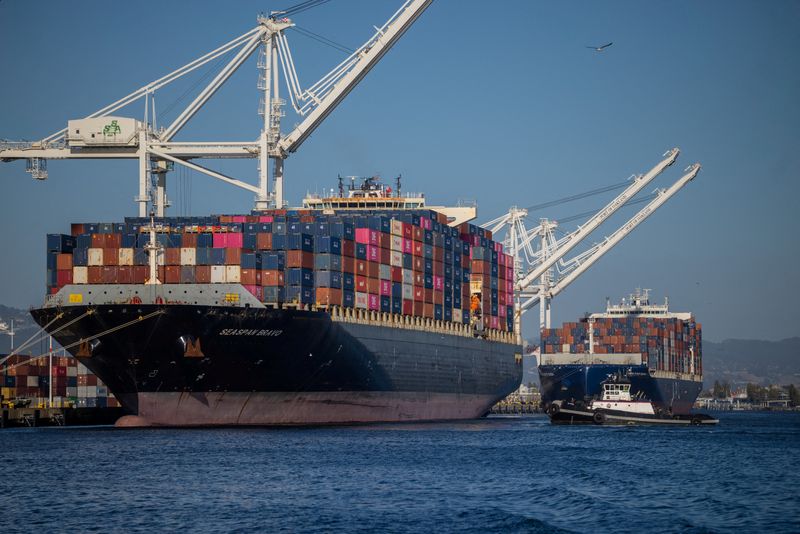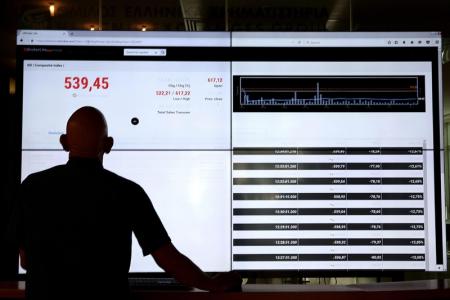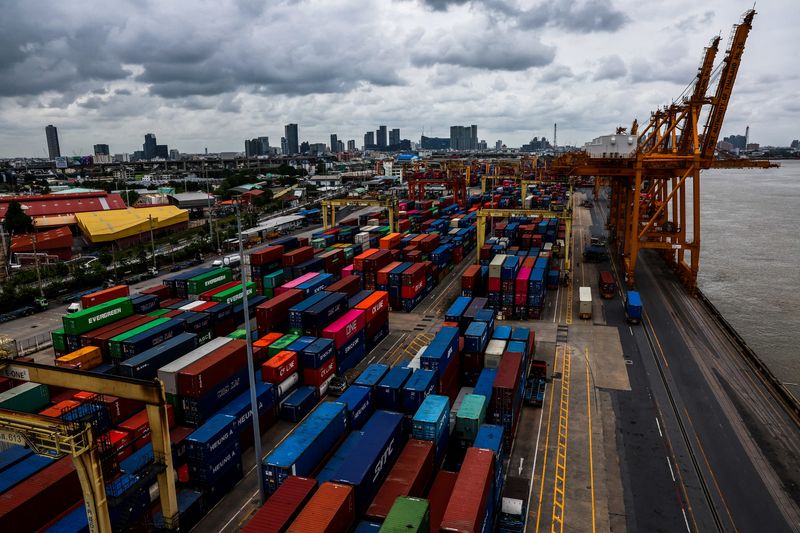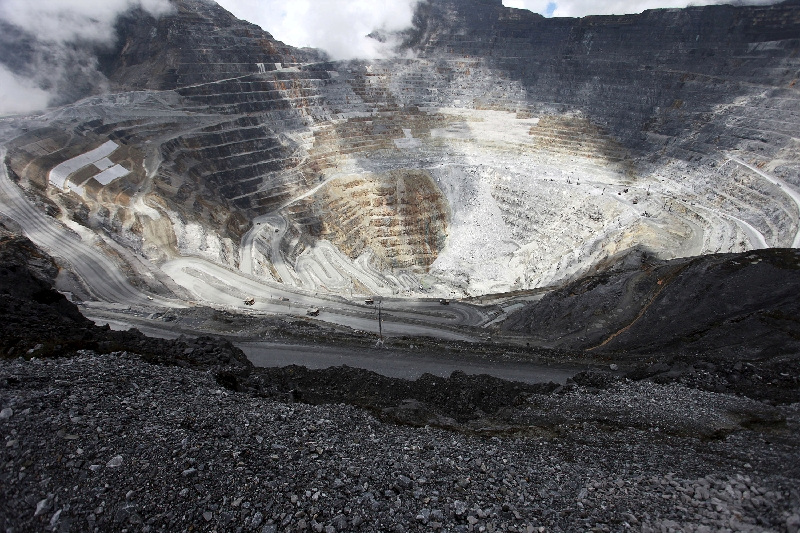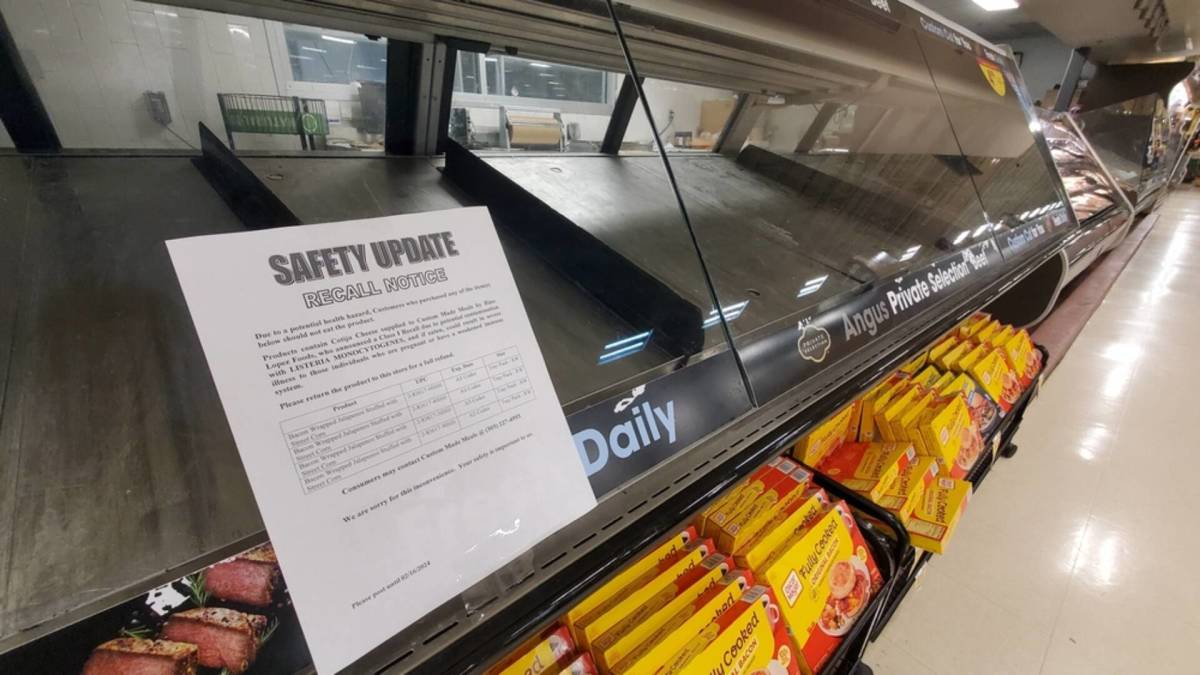On Average, Americans Pay $50k for New Cars
NegativeFinancial Markets

The rising cost of new cars in America is becoming a significant concern, with the average price now hitting around $50,000, which is $10,000 more than just five years ago. Factors like lower inventory and changing trade-in values have traditionally influenced these prices, but now tariffs are adding to the burden. This trend matters because it affects affordability for many consumers, potentially leading to a shift in buying habits and impacting the overall automotive market.
— Curated by the World Pulse Now AI Editorial System

